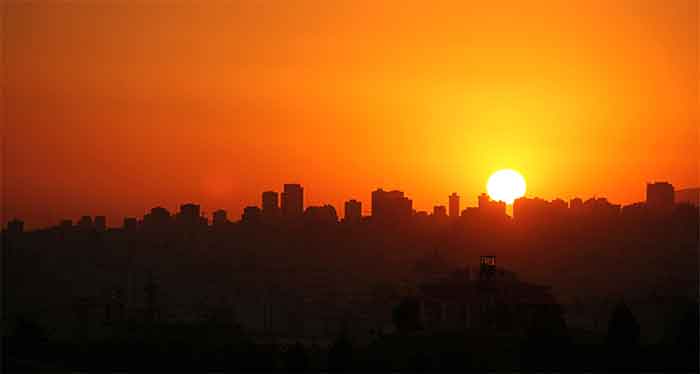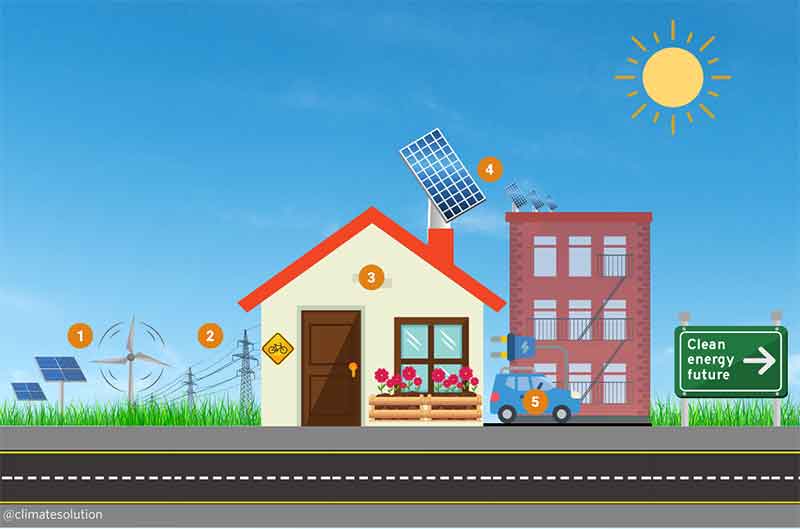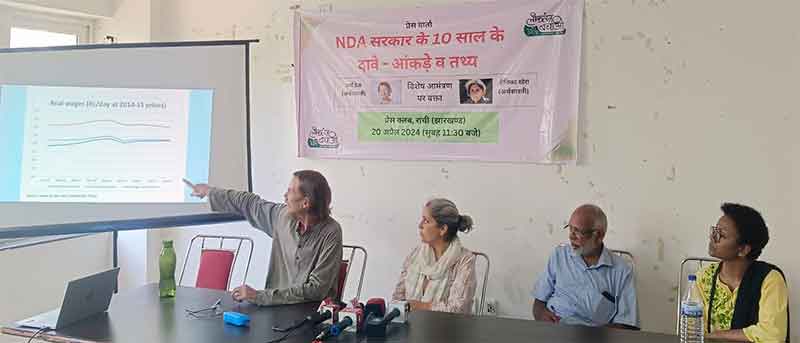
My friend, Ashok A. in India, wrote me: “Clearly the main wealth of America lies in the vast territories it has usurped [from Native Americans – S. D.] and holds. I agree, much of the world’s population will perish in this century. We’ll be long gone. Our children – those who survive – will find it in them to sustain their struggles. Albeit many more will perish in our kinds of lands, very large numbers will perish in the USA too.”
My response to this commentary from him is
That which I predict for here in the USA is desertification for the Southwest and most of California (the latter of which will keep having earthquake tremors since it is separating from the continental USA due to being geographically part of the Pacific tectonic plate rather than Continental USA landmass.). Severe water shortages and fires, too, will transpire, but ramped up beyond the current levels in California. They are coming.
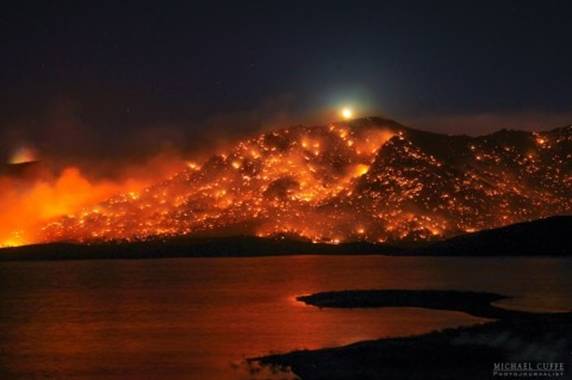
The moon illuminates the Erskine Fire burning over the Kern River Valley
in California. (Michael Cuffe)
The increasing desertification is coming, too:
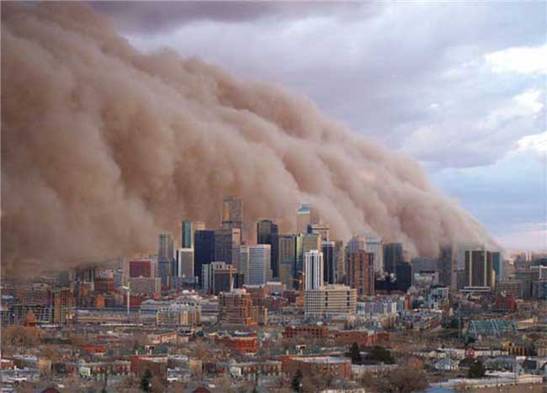
USA Midwest and states elsewhere located will have a combination of floods, drought and tornadoes just like now, but also worse in amounts and severity.
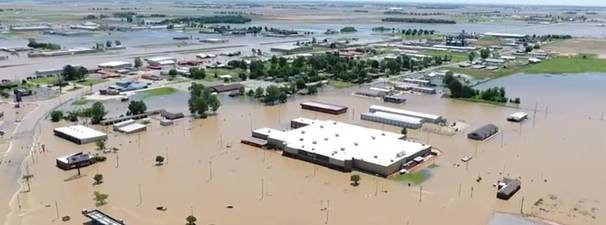
Historic flooding hits Missouri and Arkansas, more heavy rain on the way
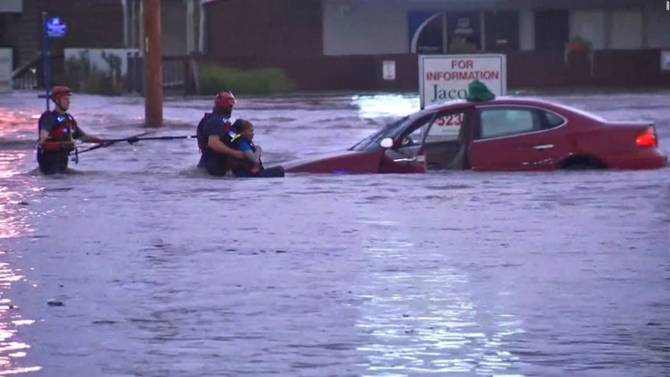
Kansas city hit by flooding – CNN Video
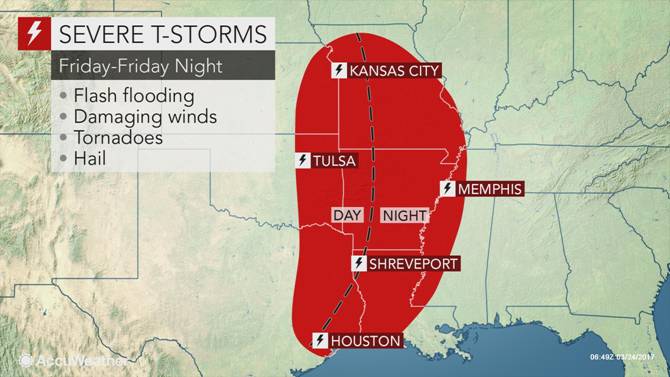
Severe storm outbreak, tornadoes to hammer Texas to Illinois
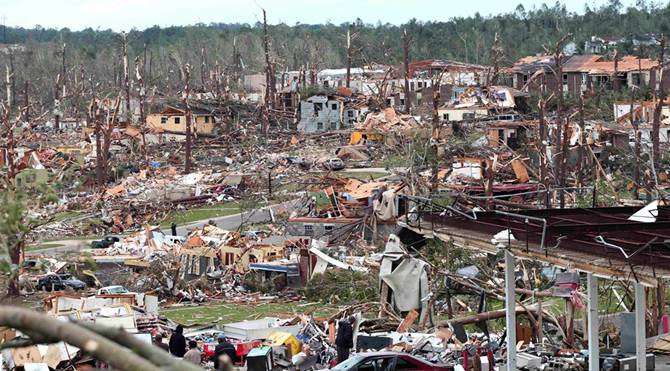
No Sleep in Helena Alabama : The Events of Helena Alabama: 02/01/2013 – 03/01/2013
alabama tornado aftermath on beautiful tornado
Some of the USA region is also losing the fossil aquifer that provides much of the water for eight states. Oops, there goes the agriculture from these states and, also, in the southwest wherein land is sinking due to water depletion, although not connected to the Ogallala! … USA is the bread basket of the world in the future? Don’t count on it.
What Happens to the U.S. Midwest When the Water’s Gone?
www.nationalgeographic.com/magazine/…/vanishing-midwest-ogallala-aquifer-droug...
People who live on the Ogallala, also known as the High Plains aquifer, often describe their water as thick or thin. This is shorthand for the aquifer itself. The Ogallala is a giant underground sponge made of a jumble of gravel, silt, sand, and clay.
Our Southeast USA won’t fare any better since it will be too hot for life (including agriculture and other species besides ours) except for Florida, which will lose a third or more of its landmass due to ocean rise due in addition to the heat factor making life unbearable.
The people surviving these catastrophes will all try to get northward where conditions will be more favorable. … The Dakotas would be okay except the soil there doesn’t seem much suitable for agriculture due to it being poor. Ditto for Canada. Soil quality is poor there, too.
Northeast will become like Georgia in weather and temperature patterns. Yeah, we have the soil (although rocky) to grow more crops in MA, NH, ME and VT. We have the water, too. However, our doing so will come at the expense of further biodiversity loss as the biosphere is torn apart further by this food growing activity and all of the people trying to get and live here from collapsed regions.
In addition, their coming here will make my region of the world even worse in being complicit in the sixth great extinction. I already see the impacts of it in my part of the world since I’ve noted changes here due to loss in animal diversity and plant diversity. So I’m a bit rueful about being impacted by other humans entering this space.
How can I fight the coming ruin when I have to choose between more humans in my place on Earth and the other species that get decimated in the process of the assault upon our land, air and water supplies by people?
Will Humans Survive the Sixth Great Extinction? – National Geographic
news.nationalgeographic.com/…/150623-sixth-extinction-kolbert-animals-conservatio…
Jun 23, 2015 – Journalist Elizabeth Kolbert’s book The Sixth Extinction won this year’s Pulitzer Prize for general non-fiction. We talked with her about what …re for thirty years in terms of species of plants and animals.
Good luck in their trying to move towards my area of the world since fossil fuels will be all, but gone! So a lot of the people will probably be trekkers trying to move northward and have enough food and water while trekking … just like the current immigrants trying to trek across Central America to the USA southern border to get to the USA, a so-called land of opportunity. … As a rhetorical question, does this look like an opportunity?

We’ll also lose our coastal cities as many of them are not prepared, nor preparing for changes:

World’s top climate scientists warn coastal cities will soon be …
World’s top climate scientists warn coastal cities will soon be uninhabitable NYC under water, flooding – Inhabitat – Green Design, Innovation, Architecture .

California – Sea-Level Rise Too Fast to Reverse Climate Change …
California – Sea-Level Rise Too Fast to Reverse Climate Change, Study Says
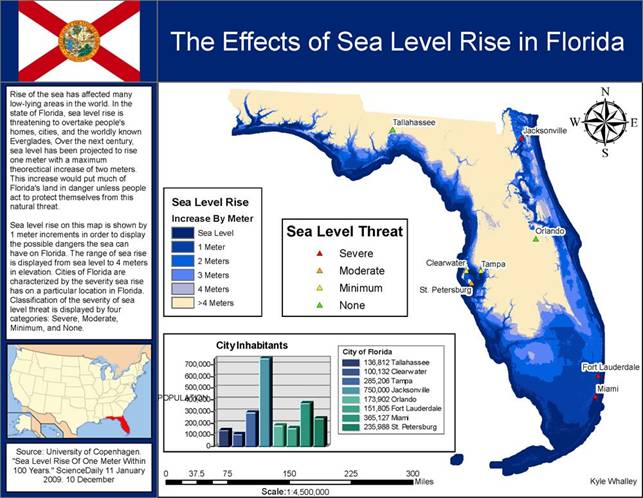
Your country won’t fare much better, I’m sad to share:
Climate Change Could Make South Asia Uninhabitable in Our Lifetime
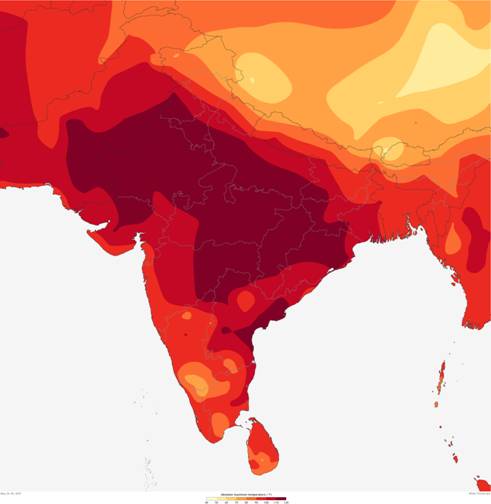
India heat wave kills thousands | NOAA Climate.gov
NOAA Climate.gov2000 × 2052Search by image
NOAA Climate.gov map by Fiona Martin, based on interpolated weather station data provided by the India Meterological Department.
E.O. Wilson once pointed out to me that our species is great at dealing with short-term immediate emergencies (like a fire in a house in one’s neighborhood), but lousy at identifying and relating to the slowly evolving kinds of dangers. Ergo, I doubt that we will collectively be prepared for the “mess” that is coming later this century … any more than is a frog or a lobster in a room temperature pot of water on the stove is as it slowly comes to a boil.
Three of several main reasons for which we can’t fix our collective human/planetary problems that I’ve identified are:
- Scale: We just can’t reach and educate enough people fast enough to make necessary changes. (Oh yeah, can you imagine my telling the 5% of world population in the USA that they can’t or shouldn’t use 15% of world’s energy supplies and make 20% of the world’s pollution? Could I even reach them in the media? … How about my telling Africans with five or more children that they should stop at one or two children?)
- Nearly all jobs available are predicated on resource ravage. I don’t care if you’re a logger, a fisherman, a cook, a waitress, a newspaper editor or a masseuse using oils to rub customers. All is hooked into resource and natural world decline.
- The people in power and control in corporations and governments like everything just the way that it is. It enriches them at everyone else’s expense. So why would they not be happy with the current status quo? Do they care about the common man/woman except as a consumer to create profits at lowest wages possible through work and, then, money spent on ever more products?
I’m not very hopeful, I’m afraid, for the future, but so it goes! … Steve S., a friend of mine who’s a population expert, wrote me just now: “The predicament we face could be one that will not be solved. What is required of us is simply too damn hard. As always, I wish you well and support your current efforts to find a way forward.” … We’ll just keep on trying our best to find solutions because to help even a few people and a small piece of the world (since we can’t help all) is better than sitting back and twiddling our thumbs in hopelessness or becoming totally self-serving for ourselves and our families.
Al Gore came out with a new film. He may be more optimistic than am I. It’s hard to say since I haven’t seen it yet.
The way that our species is going about the world is frangible in the extreme. It’s fragile and we have to change our ways to protect it to serve us all… and need to do so soon.
There is an old adage: “Ignorance is bliss.” No, it isn’t since it can only lead to further losses in the future if we keep up our current ways of badly behaving in abnegating the support of life to go forward.
Sally Dugman is a writer in MA, USA





